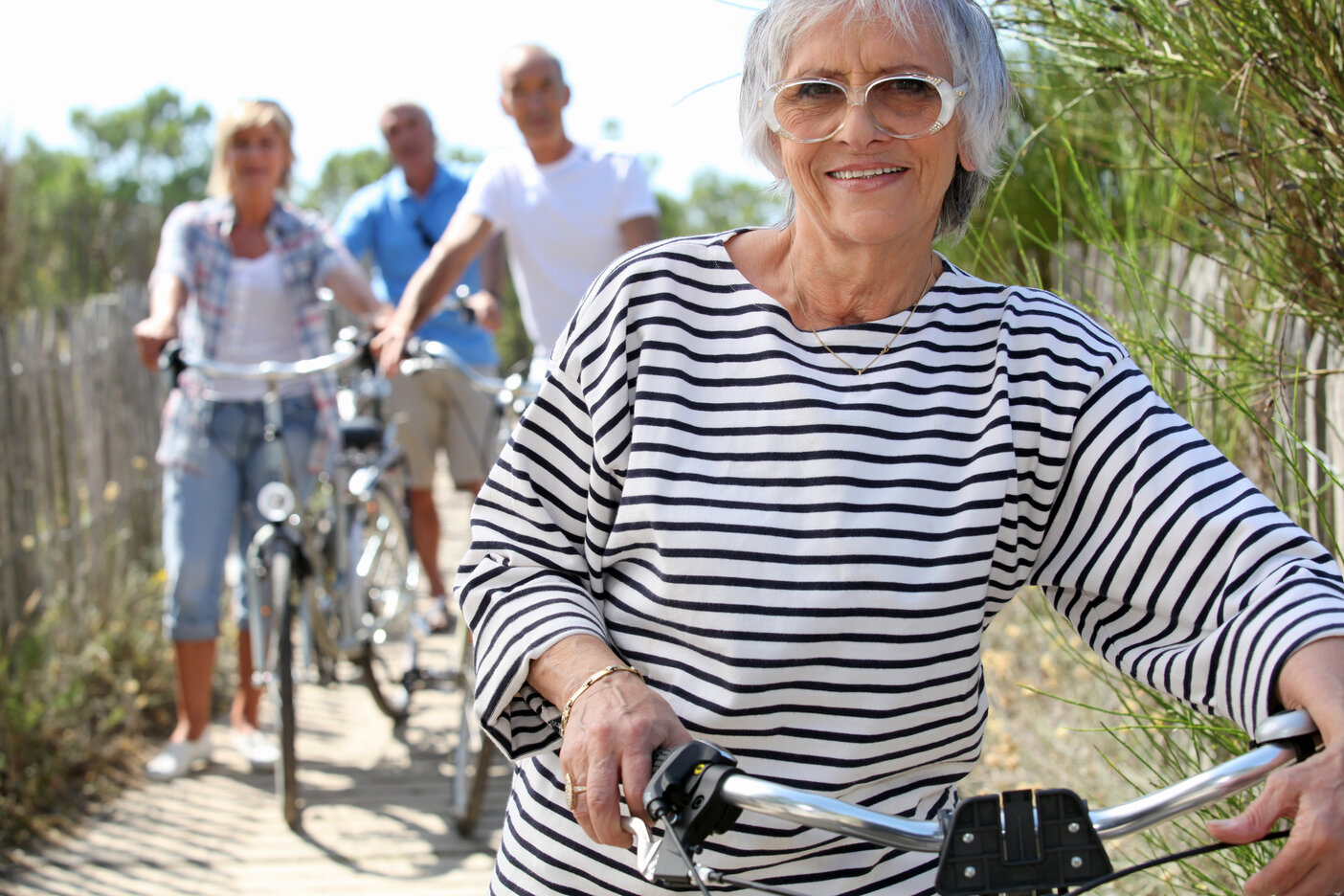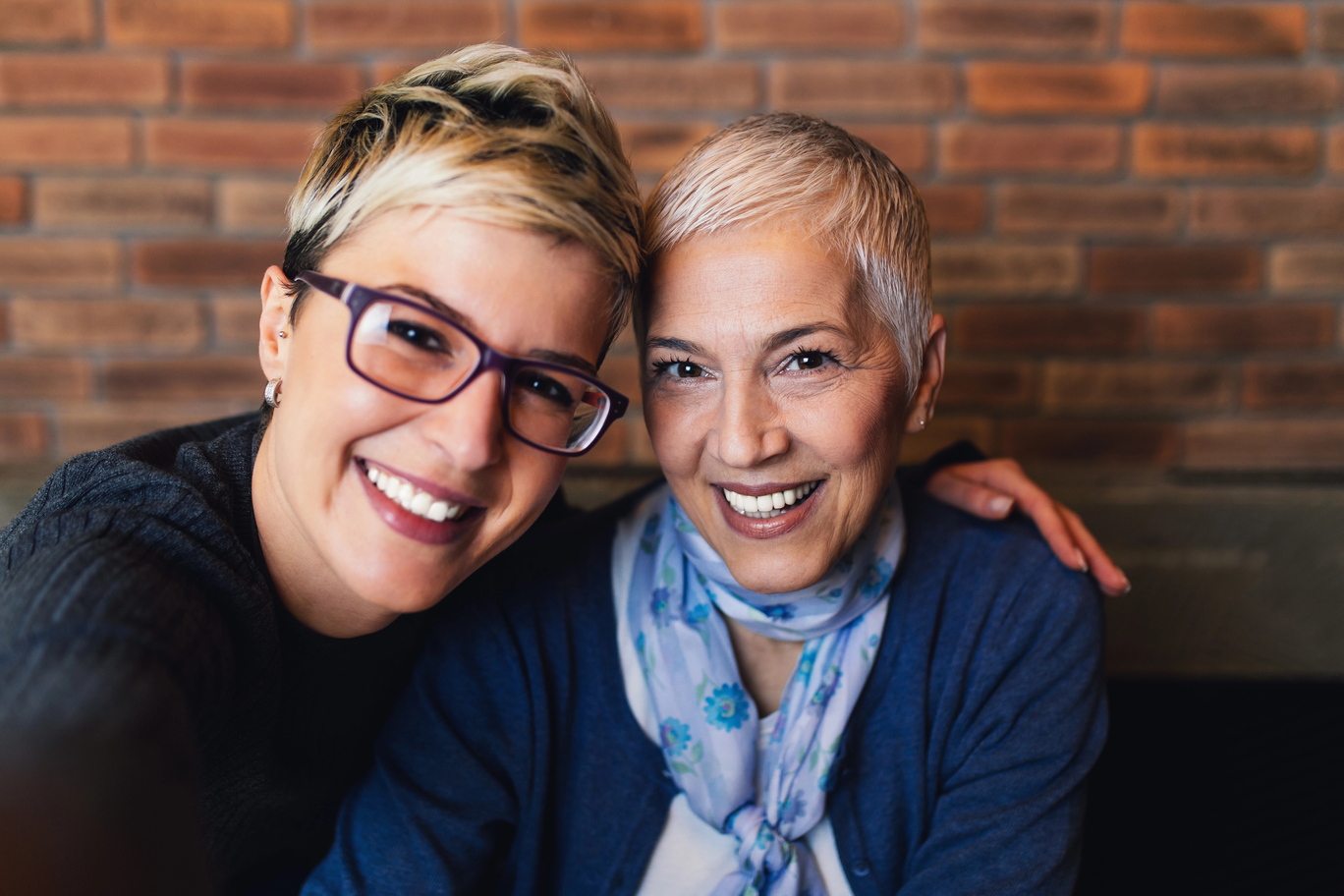Alongside academic reading I look out for high quality research. I recently read a study by AGE WAVE and EDWARD JONES on Longevity and the New Journey of Retirement.
The old retirement was short, and often in ill health. Indeed most people didn’t live long enough to reach retirement age and claim their pension. We are now living longer, an extra 30 years to our lifespan of 100 years ago, much in good health. Two-thirds of all the people who have ever lived past the age of 65 in the entire history of the world are alive today.
Retirement is not an end but a beginning and we can live our life however we want to. In many cases with mortgages paid off, children completed education and with most still in good health, our sixties and beyond is the time to truly live life to the full. I appreciate some are in a precarious financial state and have health problems but for many it is good times ahead.
We live longer
We have gained an extra 30 years of life; average life expectancy has increased from 47 to 79 and we are fitter and expect more. Understanding this can lead to an awareness of just how our future could be, but we don’t want a future of illness and suffering so it is important to stay healthy and engaged and to have a sense of purpose.
Baby Boomers are leading the way … again
Back in the 1960s and 1970s the baby boomers lead the way: supporting gay rights and womens’ rights, campaigning at Greenham Common, the freedom with the Pill, and the growth of music festivals and alternative lifestyles. And many of us are still campaigning, and going to festivals.
And we aren’t going to settle for our parents retirement.
We are not going to accept things the way they’ve been done in the past. In the UK there are 3.8 million more over-65s now than there were in 1981, and 5.4 million more 40-64-year-olds. In America, there are three times as many people aged 65+ as there were 50 years ago.
Some remain or become idealistic and fearless, we are not settling into traditional paths and we are more focused on personal development.
Most people don’t want a clean break into retirement they want to include some work, but it doesn’t have to be paid work.
The Four Pillars
Research by Edward Jones and Age Wave has led to the development of a holistic framework with four interconnected pillars for living well in retirement
- Health
- Family
- Purpose
- Finances
Their research has said that the majority see retirement as a new chapter of life with only 25 percent taking the traditional view as a time for rest and relaxation. Time to retire the term retirement or give it a new definition?
Also time to properly prepare for all aspects of later life, not just financial planning.
Retirement planning can no longer be thought of as simply saving enough money for retirement. It requires more holistic thinking. The overwhelming majority of retirees say that all four pillars—health, family, purpose and finances—are essential to optimizing well-being in retirement. And the majority (54%) of retirees say they “wish they had done better planning for the non-financial aspects of retirement.” AgeWave
Health
Physical health declines with age, and research has found that with the over 65s, 88 percent of people have at least one chronic condition (hypertension is the most common) and nearly two thirds have two or more. In the UK we have the NHS and so don’t need to budget for private health care, but with NHS shortages we may want to go private for e.g. a knee replacement to regain a better quality of life.
Whilst physical health can be in in decline, our psychological and emotional health can improve. With emotional maturity we can become more resilient and handle stress better, although there is the worry of cognitive decline (e.g. Alzheimers and other types of dementia).
Whatever your age, today is a good day to focus more on healthy eating, more physical activity and to cut back on alcohol, smoking and recreational drugs. And to undertake activities to minimise stress.
Family
80 percent of the people surveyed said that they had good relationships with family and friends. As we consider our retirement it is vital to share our hopes and dreams with our partner. Too many couples have differing views and this can lead to the breakup of a long marriage or an unsatisfactory later life where people live their own lives. Children may expect you to undertake a lot of child care duties on retirement, fine if that’s what you want but it can come as a shock when you say you plan to travel extensively, for example.
In my research I’ve divided relationships into partner, family and friends, this research combined then together and talked about ‘families of affinity’. With changing family structures, and more estrangement our friends can often be closer to us than our blood relatives. These relationships help alleviate loneliness and isolation.
Purpose
The survey found that 80 percent of people described their quality of life and sense of well-being to be excellent, with 90 percent of people looking forward to the years ahead. 70 percent said that they had a sense of purpose. For many people it is their family that gives them the greatest sense of purpose (76% from the survey).
Retirees with a strong sense of purpose are happier, healthier and live longer. We have a sense of purpose from undertaking meaningful activity and this can improve and increase our quality of lives, and we can live longer too! They want to feel youthful, more than useful.
Whilst many get their purpose through work, on retirement this may be gained through:
Giving: Finding ways to contribute to the community and put knowledge, skill and experience to work making a difference in the lives of others. This can be volunteering, campaigning for an activity of interest, and other ways to give back.
Growing: Trying new things and meeting personal goals (intellectual, artistic, physical) a greater focus on our spiritual or religious practice and deepening our sense of self.
Enjoying: Either alone or with others, spending time on hobbies, work, travel, entertainment, get-togethers. These can be time spent on activities we enjoyed when younger, or new ones.
Finances
Financial advisors talk about the three legged stool to investments, with retirement funded by occupational pension, state retirement pension and savings. For many the occupational pension is less secure, few have the defined benefits pension. With the introduction of stakeholder pensions everyone has the option of saving for a personal pension but with mortgages and possibly repaying student loans. Money is important to have the freedom to do what we want, but we can continue with part time work to make up the difference, and this could help with our sense of purpose.
So how would you rate yourself on your preparation for, and experience of retirement? In these 4 areas what is going well, and where do you need to make some changes?
- Health
- Family
- Purpose
- Finances
We can identify our current state, and look at changes we can make. These don’t need to be huge, small commitments to change can make a big difference over time.
Some brief commitments I’ve made over the past few months are
- Health – to do 3 strength sessions at the gym and to hit my 10,000 steps target at least 5 days a week.
- Family – to ensure I spend time with my elderly mum and other family members properly listening to them.
- Purpose – I’m probably over purposed! With my strong focus on personal growth and sharing knowledge
- Finances – I’ve reviewed the numbers and I’m ok. I spend a lot less than before lockdown and whilst I can get a small pension in a couple of months I’m going to invest it into a drawdown option as I don’t need the money right now.
I’d love to hear your thoughts on this article, and happy to answer questions.
Till next time
Denise x





